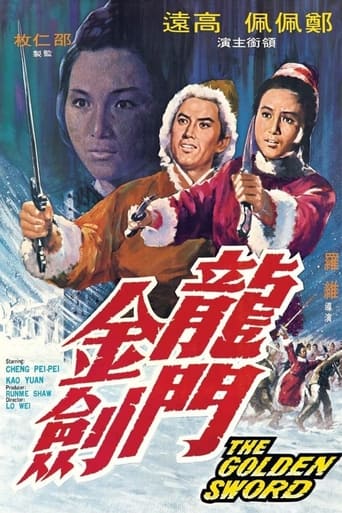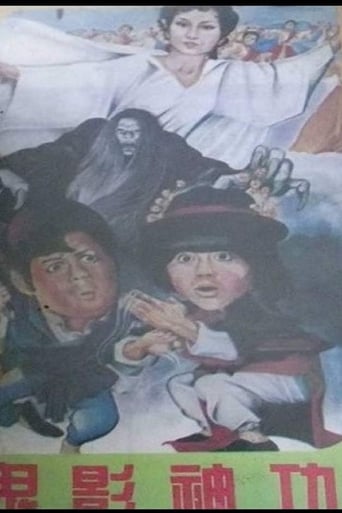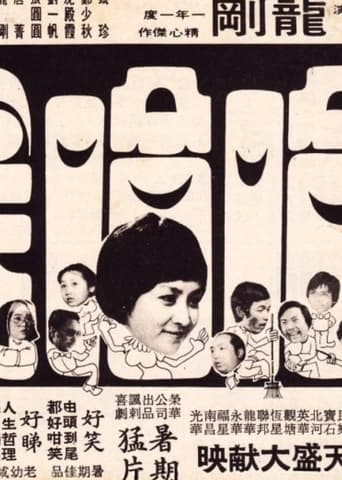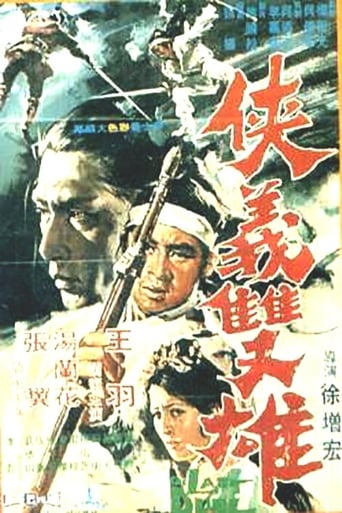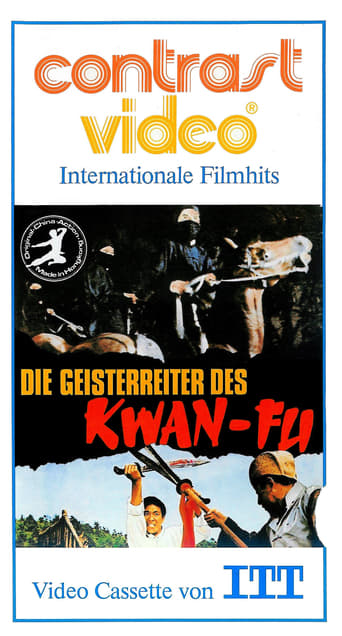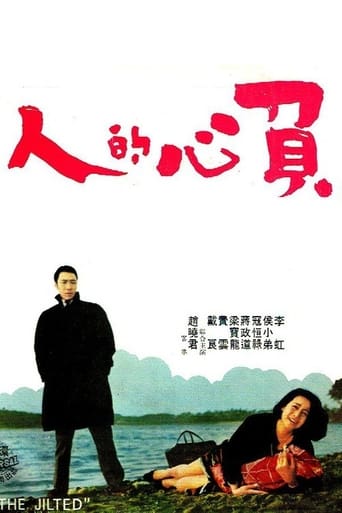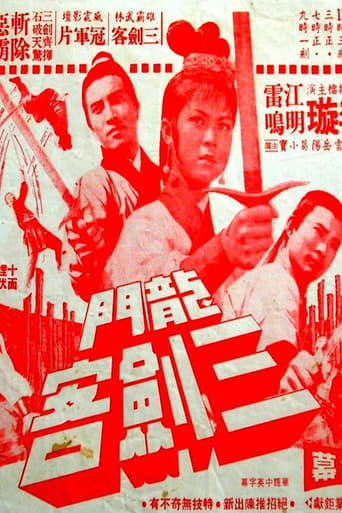The Golden Sword 1969
Bai Yu Lung's father mysteriously disappears one night, and for 10 years Bai searches for him in vain. Finally, he decides to head to the far northern part of the country with the hope that he can find a clue in that region. There, he falls in love with a beggar (Cheng Pei-pei) and they continue the search together.
